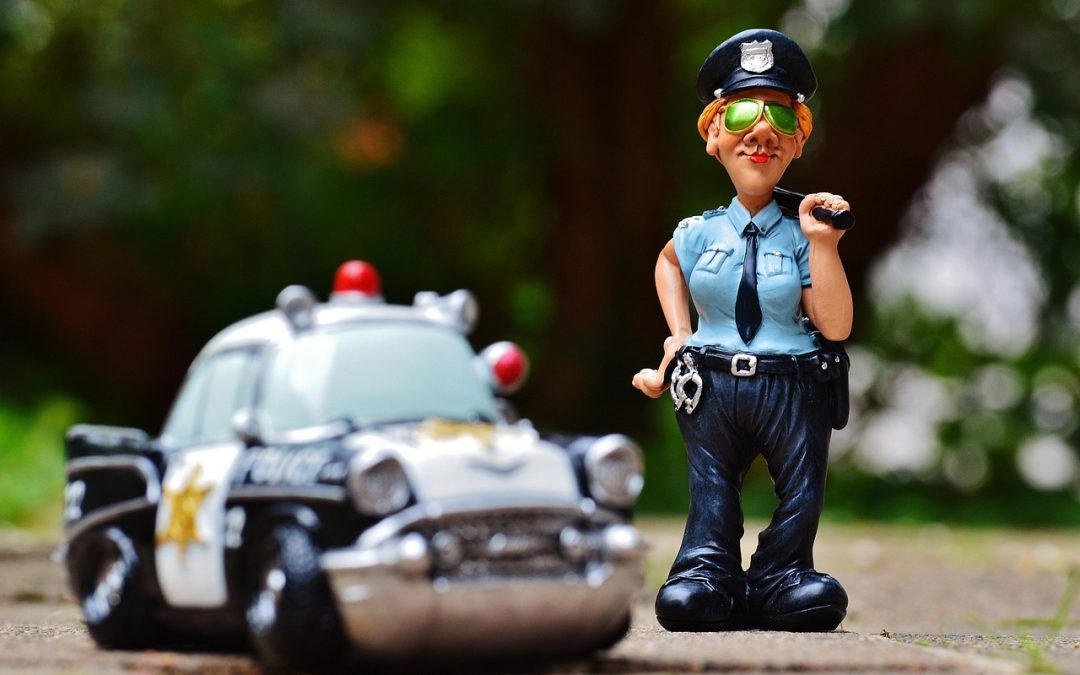With the rise of smartphones and social media, it’s become increasingly common for individuals to record their interactions with law enforcement. But can they order you to stop recording? The answer is not a simple yes or no, and it’s essential to understand your rights and the nuances of this scenario to ensure your safety and the effective assertion of your rights.
Know Your Rights: The First Amendment
The First Amendment protects an individual’s right to record and photograph in public spaces, as long as they are not interfering with the police officer’s duties or compromising their safety. The courts have consistently ruled that the First Amendment protects the right to record, including in cases such as Glik v. Cunniffe (2011) and Flores v. City of Oakland (2017).
When Can Police Order You to Stop Recording?
While the First Amendment provides significant protection, there are certain circumstances under which police can order you to stop recording. For instance:
- If you’re interfering with the police officer’s duties or compromising their safety, they can order you to stop recording or move to a safe distance.
- If you’re recording in a private area, such as a police station or a private residence, police can restrict recording.
- In some states, like California, police can order you to stop recording if you’re within a specific distance (e.g., 20 feet) from the scene of an investigation or crime.
Practical Tips and Reminders
Here are some essential tips to keep in mind when recording police interactions:
“The Fourth Amendment doesn’t protect people, it protects places. But the First Amendment protects people, and that’s what’s at stake here.” – Attorney David Milton, Flores v. City of Oakland
Remember, it’s essential to prioritize your safety and de-escalation when interacting with law enforcement and asserting your rights. Stay informed about local laws and regulations, and always seek legal counsel if you’re unsure about your rights or have concerns about a specific incident. By being aware of the nuances of recording police interactions, you can effectively assert your rights while promoting transparency and accountability in law enforcement.
The information at Observed.Org may not pertain to every jurisdiction. It is YOUR responsibility to know your rights and observe them. Nothing here should be considered legal advice.

